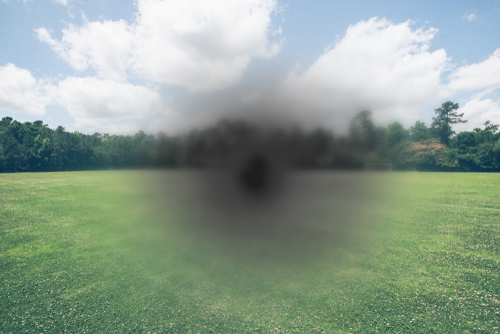
Macular degeneration is a common age-related eye condition that affects central vision and can have a significant impact on daily life. However, early diagnosis and treatment can help prevent permanent vision loss from this eye condition.
Keep reading to learn more about macular degeneration, including whether or not eye doctors can effectively treat this condition!
What is Macular Degeneration?
Macular degeneration, also known as age-related macular degeneration or AMD, is a chronic eye condition that primarily affects a portion of the retina called the macula. The macula is responsible for providing sharp, detailed vision, allowing you to see objects clearly and perform tasks such as reading and driving.
In macular degeneration, the macula becomes damaged over time, leading to a progressive loss of central vision. It primarily affects older individuals, usually aged fifty or above, and is one of the leading causes of vision loss in people over the age of sixty.
There are two main types of macular degeneration: dry and wet. Dry macular degeneration occurs when the macula gradually thins and develops small, yellowish deposits called drusen. Wet macular degeneration, although less common, involves the growth of abnormal blood vessels underneath the retina, which can leak fluid and cause scarring.
Regular eye examinations, including a comprehensive dilated eye exam, are crucial for early detection and diagnosis of macular degeneration. Prompt diagnosis and appropriate management by eye doctors can help preserve vision and improve the quality of life for individuals with this condition.
What Are the Most Common Symptoms of Macular Degeneration?
Macular degeneration generally affects central vision while leaving peripheral (side) vision intact. This means that activities like reading, recognizing faces, and driving may become challenging as the condition progresses.
Other common symptoms of macular degeneration include difficulty with color perception, increased sensitivity to glare, and decreased contrast sensitivity. Wavy lines and dark spots in the central visual field are also common.
Additionally, distinguishing between shades of gray or contrasts may become challenging. It’s important to note that symptoms can vary and may affect one or both eyes.
If you notice any changes in your vision, it is important to visit your eye doctor at Vision First Eye Center for an accurate diagnosis.
What Are the Common Treatment Options For Macular Degeneration?
Dry macular degeneration is typically managed with vitamin supplements. Specifically, high-dose antioxidant vitamins and minerals are commonly prescribed to slow down the progression of the condition and reduce the risk of vision loss.
For wet macular degeneration, eye doctor may recommend treatments such as injections of anti-vascular endothelial growth factor (anti-VEGF) medications. These injections help to inhibit the growth of abnormal blood vessels and reduce fluid leakage, thereby preserving vision.
It’s important to note that the specific treatment approach can vary depending on individual circumstances and the severity of the condition. In any case, regular monitoring and follow-up visits with an eye doctor are essential to determine the most suitable treatment plan for each patient.
Is it Possible for Eye Doctors to Slow Down the Progression of Macular Degeneration?
While macular degeneration cannot be completely cured, early intervention and proactive management can significantly delay its progression and help preserve vision. In addition to treatment, certain lifestyle modifications can contribute to slowing down the progression of macular degeneration.
These include maintaining a healthy diet rich in fruits, vegetables, and fish, avoiding smoking, protecting the eyes from harmful UV rays by wearing sunglasses, and managing conditions like high blood pressure and cholesterol levels that may impact the progression of the eye condition.
Are you experiencing symptoms of macular degeneration? Schedule an appointment at Vision First Eye Center in Alabaster, AL, today!









